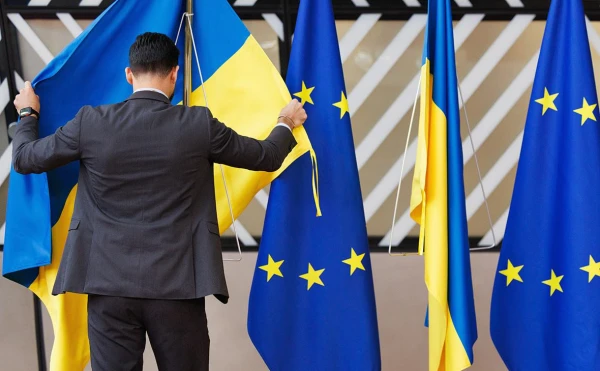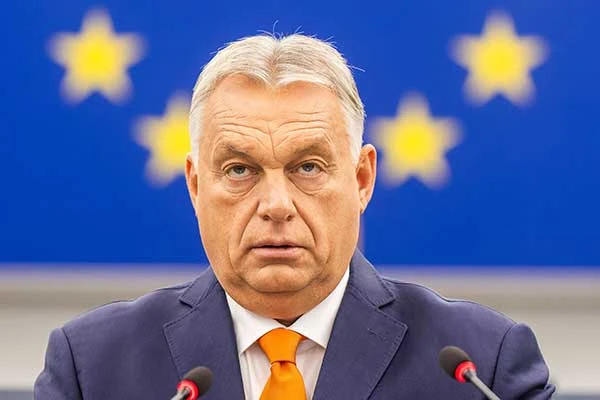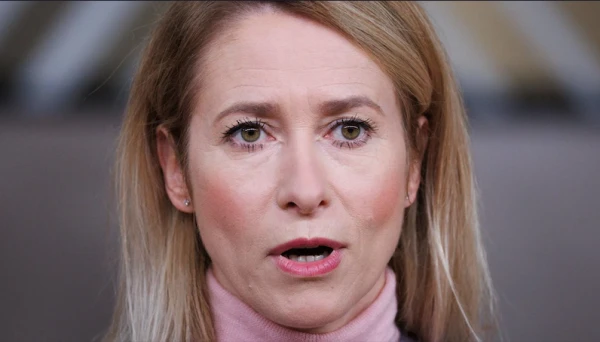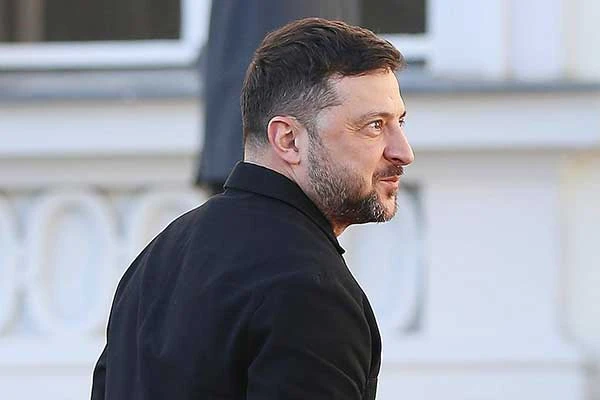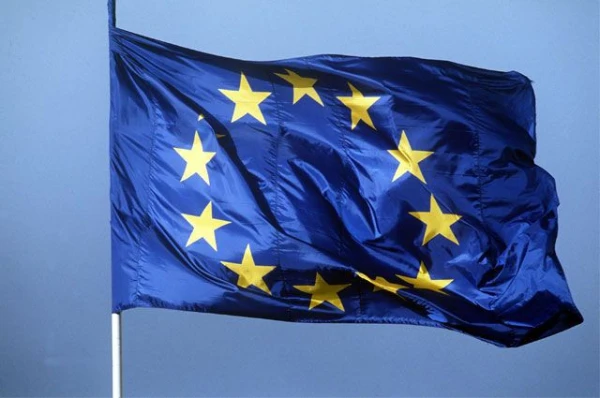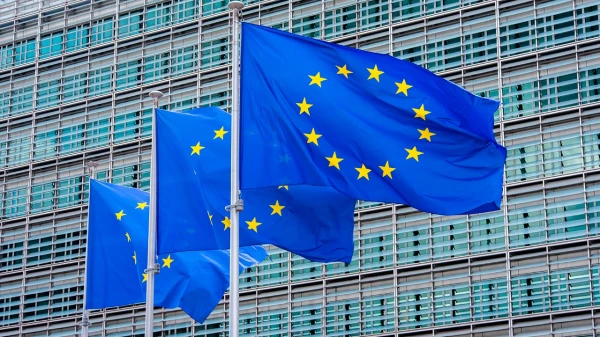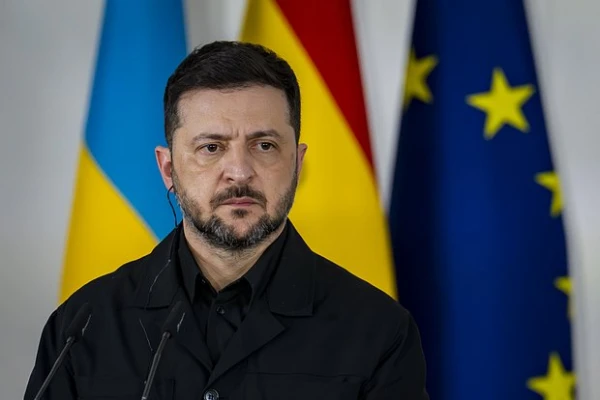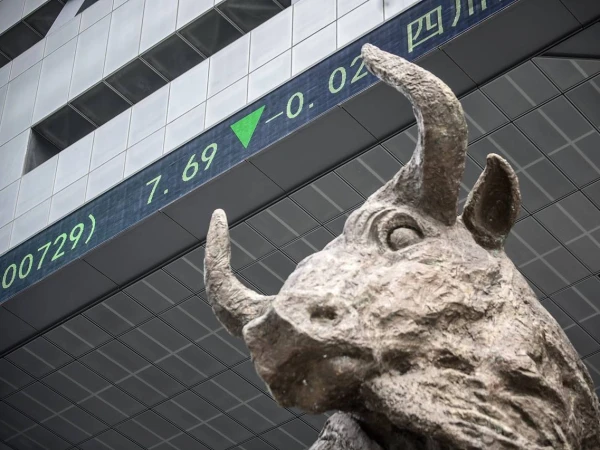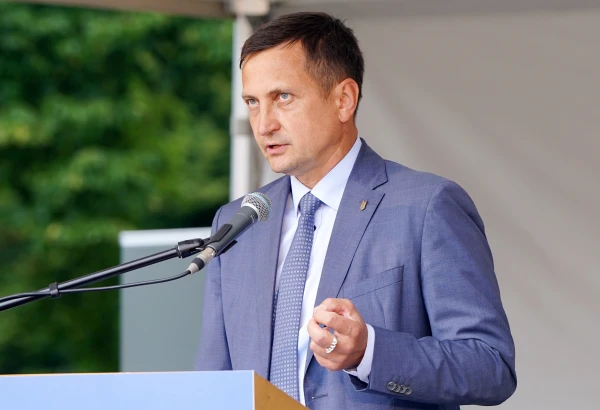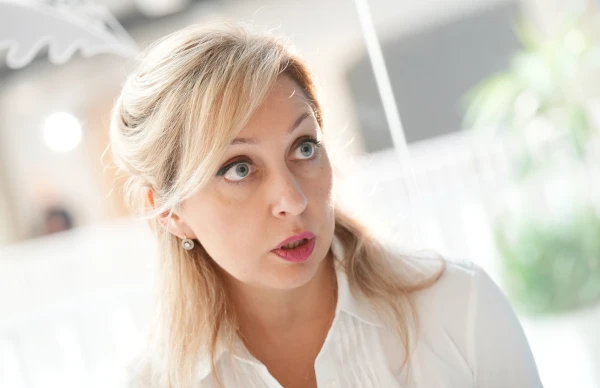
The Russian puppet regime in Georgia has entered the final phase of authoritarian consolidation modeled after Russia, and the Georgian people have no means to combat this either politically or through revolution, said Nino Kalandadze, Executive Director of the Chavchavadze Center for European Studies and Civil Education and former Deputy Minister of Foreign Affairs of Georgia, in an interview with LETA during the security and foreign policy forum "Riga Conference 2025."
According to her, despite the fact that the situation in Georgia has remained extremely tense since the adoption of the foreign agents law, which triggered mass protests lasting nearly a year, no improvements have occurred — on the contrary, the country has entered the final stage of authoritarian consolidation in the Russian style.
Kalandadze pointed out that over the 13 years of the regime led by Russian oligarch Bidzina Ivanishvili, all state institutions capable of facilitating democratic changes have been captured: the regime controls the parliament, government, courts, law enforcement agencies, local self-government bodies, the Central Electoral Commission, and, unofficially, the National Bank and financial institutions.
She stated that after the regime secured victory in the 2024 parliamentary elections through illegal methods and falsifications, it began an assault on the remaining democratic institutions in Georgia — civil society, independent media, opposition political parties, especially pro-Western ones, and independent universities, which are now referred to as organizers of a "student democratic coup."
"Now, as the regime tries to silence the last critical voices in Georgia, the final stage of power consolidation has begun," she said. "Special laws are being developed and already adopted, aimed at banning opposition parties and declaring them illegal. At least those who refuse to cooperate with the authorities. Then we will become another Belarus — it’s the same game, the same script written in Moscow and implemented uniformly everywhere. The only difference from Belarus is that Georgia is much smaller and has a different economic background, meaning the situation could ultimately be even worse."
Kalandadze is convinced that a popular uprising in Georgia is impossible, primarily because violence is morally unjustifiable, and secondly, people lack resources. According to her, the regime not only receives financial and other support from Moscow but also controls all financial flows within the country, so there is no chance that any internal political or social group will receive support for change. The regime has all institutional tools, administrative and financial resources, a propaganda machine, intelligence from Russia, and all possible means of coercion at its disposal.
"On one side — the power that controls everything and has all the resources to fight against you. On the other — people with bare hands. They are literally fighting with bare hands. For example, the authorities have imposed bans on the purchase and import of masks that could provide even a little protection to protesters. You cannot buy a helmet or anything at all to protect yourself. What kind of revolution can happen under such conditions?" Kalandadze asks.
The current situation, she says, poses a serious dilemma for Georgian society — what can the people do if they are unable to change the "status quo" through democratic means and have no other available tools for change.
"People have been protesting against the regime for a whole year. About 90 political prisoners are already in jail, and many more are expected to be imprisoned. But nothing changes. Because for democracy, people on the streets are significant, while for dictatorship, it doesn’t matter how many people go out on the street or how few come to vote. They don’t care at all," said the former Deputy Minister of Foreign Affairs of Georgia.
Kalandadze believes that Georgians should maintain hope and resilience, but most importantly — be ready for change when it becomes possible due to geopolitical circumstances.
"Much depends on geopolitics, on how the situation in Ukraine develops, how soon and successfully Ukraine and the West can prevail over Russia. Georgia's successes largely depend on how weakened Russia will be afterward," she emphasized.
She also believes it is extremely important to continue external pressure on the regime, as there is a huge imbalance of power in Georgia.

